The Civic and Social Design Research Group investigates how design shapes equitable, inclusive, and participatory futures. Bringing together expertise in communication, service, interaction, and speculative design, the group engages critically with societal challenges across domains such as health, justice, education, policy, and technology. Members employ interdisciplinary and collaborative methods, working with diverse communities to co-create transformative outcomes. The group’s research spans local and global contexts and addresses issues including digital infrastructures, care systems, public spaces, and emerging technologies, with a shared commitment to social responsibility, civic engagement, and ethical design practice.
Research Group Coordinator
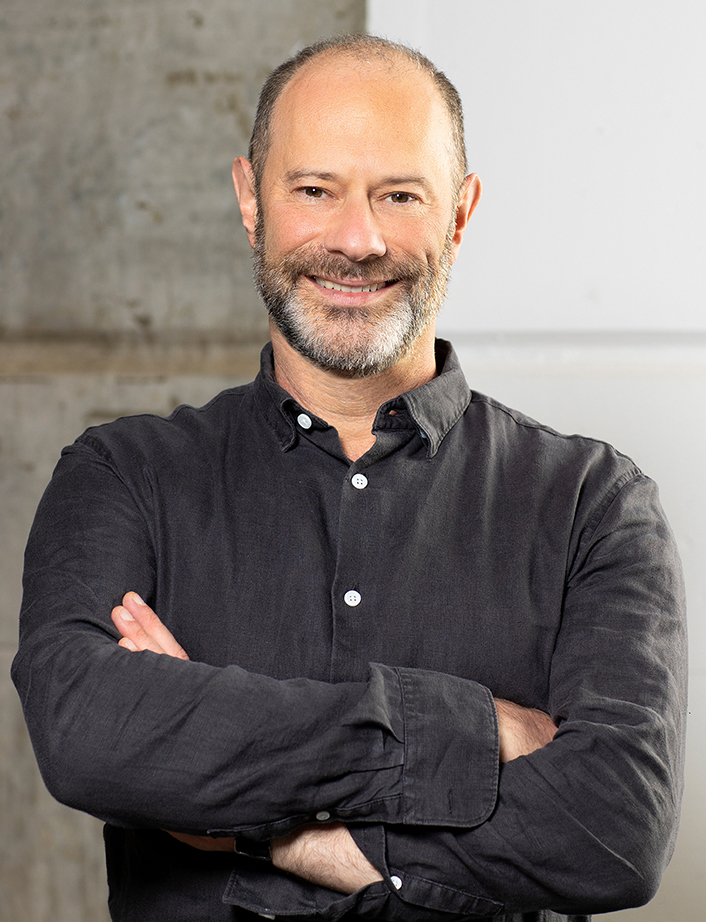
Dr Yaron Meron
is Senior Lecturer in Design at the University of Sydney’s School of Architecture, Design and Planning. His research focuses on graphic and communication design as interdisciplinary practices, with particular attention to critical and socially engaged design. He explores how artificial intelligence influences design practice and education, highlighting design’s role in civic engagement and ethical reflection. Drawing on international industry experience in communications, publishing, education, and the voluntary sector, he examines designer–stakeholder dynamics and the complexities of collaboration in design. In 2023, he co-organised the Responsible Design Thinking Symposium, fostering dialogue between academia and industry on socially responsible design.
Research Group Members
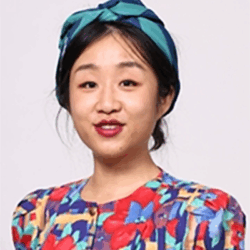
Working in the field of service and social design, I believe in participatory processes where individuals and communities come together to reflect, debate, and shape the directions they wish to pursue. My research develops methods and frameworks that support this collective inquiry and speculation. Currently (2025-6), I am working on the following projects: (1) designing technologies with and for caregivers and care workers in aged care; (2) Chinese female rural participants in co-design practices; (3) studying human infrastructures regarding digital public services; (4) reimagining border services through design fiction; and (5) writing a book that rethinks service design through the lens of social relationships.

Dr Clare Cooper
(she/her) is a design researcher, futurist, noise harpist, and mum, and has been an animator, festival director, graphic designer, art director, and composer. She is still a passionate visual communicator working with some excellent community partners (MSF, Illawarra Women’s Health Centre, Safe+ Equal, Federation of Community Legal Centres). Clare did her PhD at MQU and is now a full-time Senior Lecturer at The University of Sydney. Her research has taken her around the planet – most recently to Jamaica, Indonesia, Italy, UK, Ireland, Germany and Bathurst.
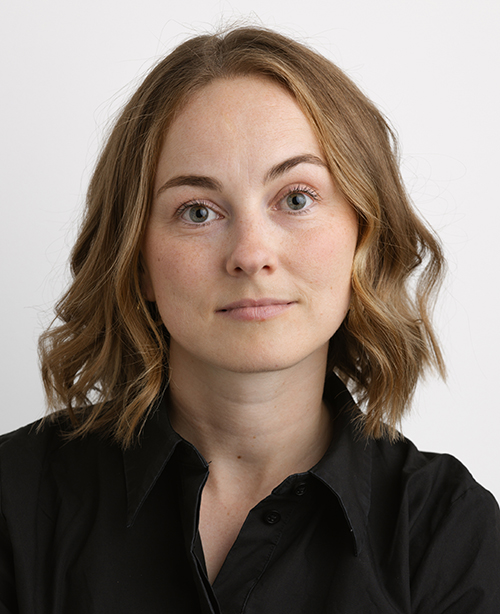
Dr Enya Moore
is a lecturer in design whose research and writing focus on the role of design and cultural festivals within broader social, political, and economic contexts. After completing her PhD at the University of Technology Sydney in 2022, where she critically analyzed design events and their relationship to public spaces and civic engagement, she joined Technological University Dublin as a postdoctoral researcher. There, she contributed to the Irish Research Council-funded project ‘Festivals, Audiences, and Digital Experience’, examining the digitization of arts festivals in rural Ireland and the impact of digital infrastructure on festival-making practices.
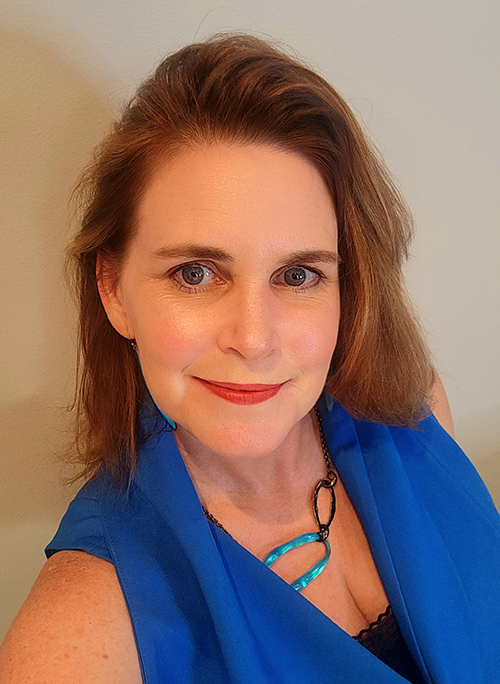
Professor Heather A. Horst
is Professor of Design Anthropology. Her research includes studies of migration and the material culture of home; informal learning environments in homes, after-school programs and online environments; the movement of money across space and time; the production and consumption of mobile technologies; and, most recently, clothing and fashion.
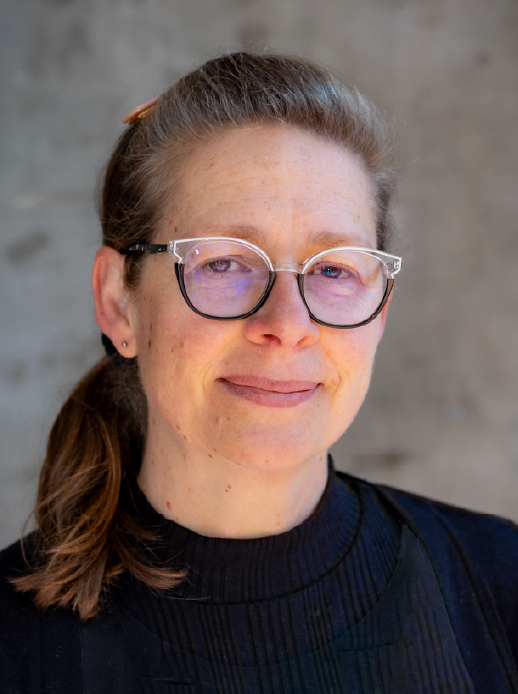
Dr Jody Watts
is an Associate Lecturer in Design (Education Focused), Director of the Master of Interaction Design and Electronic Arts, and Horizon Educator at the School of Architecture, Design and Planning, with expertise in Human Computer Interaction (HCI). I hold a PhD in Design (HCI) from the University of Wollongong (Australia), a BCA (Design/Hons) from the University of Wollongong (Australia) and a BAVA (Painting) from the University of Newcastle (Australia). My research examines human, nonhuman and more-than-human agents, and their agency, as active participants in design practice and education.
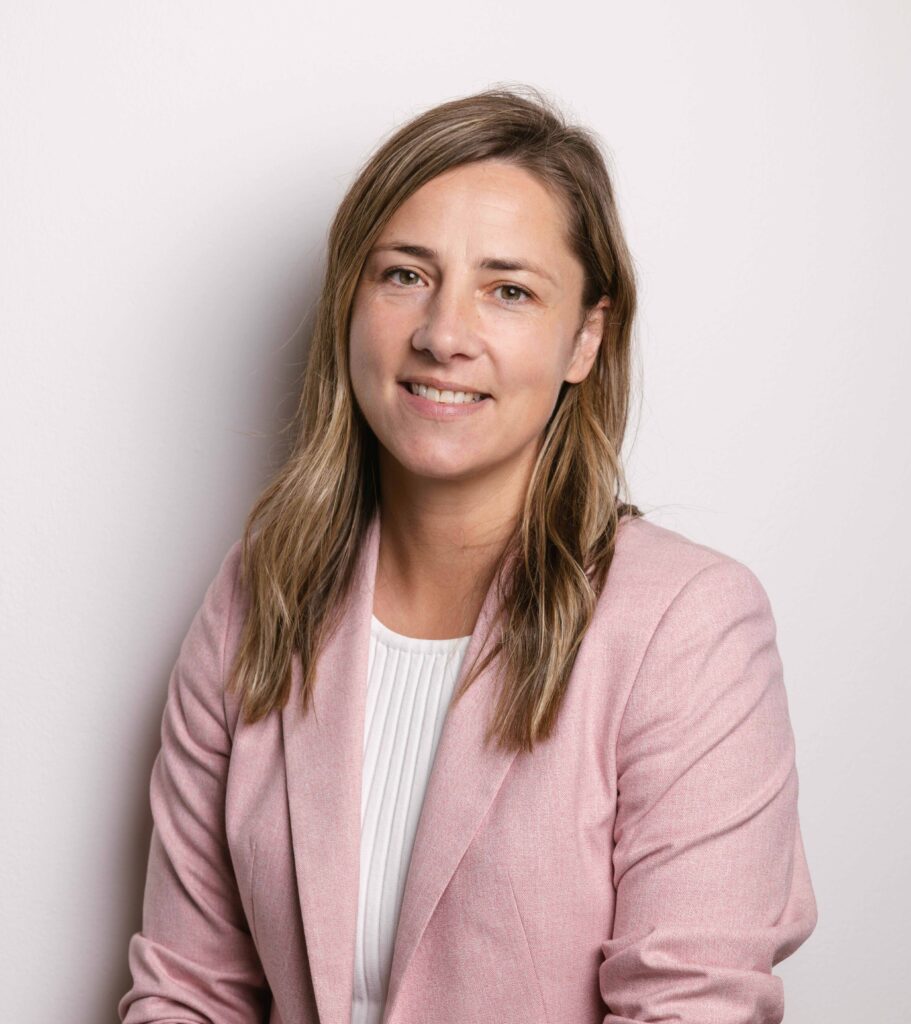
Associate Professor Leigh-Anne Hepburn
is Deputy Director (Design) at Sydney Policy Lab. A specialist in co-design and systems thinking, her research explores collaborative and participatory approaches at the intersection of industry, academia, and community. Her work addresses complex societal challenges in health, community resilience, and policymaking, engaging diverse stakeholders—from marginalised communities to policymakers—to co-design meaningful and transformative change.
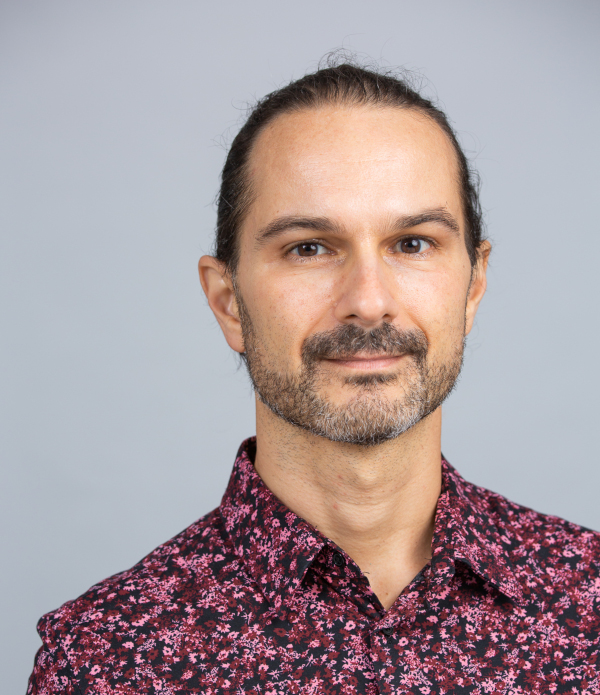
Associate Professor Luke Hespanhol
is Head of Design at Sydney School of Architecture, Design, and Planning and serves as a member of the University’s Academic Board, and a Fellow of the Social Impact Hub, Australia. Luke holds a PhD in Design, a Graduate Certificate in Education, and a Master in Interaction Design and Electronic Arts at The University of Sydney, a Master in Cross-Disciplinary Art and Design at UNSW, a Bachelor in Computer Science at the University of São Paulo, and a Certificate in Negotiation and Dispute Resolution at Harvard University. Luke’s practice investigates the intersection of people, culture, and technology. That includes a range of theoretical and practical angles like Design interventions for and with vulnerable groups, such as First Nations peoples, refugees, and people in prison. It also includes the mediation of cities and culture through digital technologies, across the fields of media architecture, digital storytelling, social and cross-cultural interactions, placemaking, urban informatics, and smart cities. Luke has advanced discussion on these fields through numerous engagements with government, industry, museums, and academic institutions worldwide.
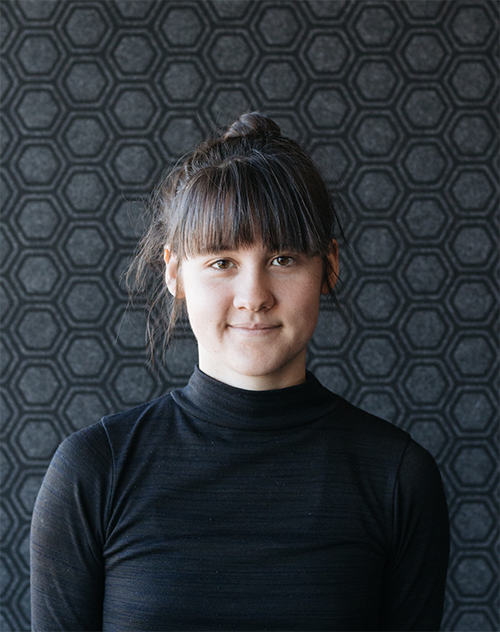
is a PhD candidate in the School of Architecture, Design and Planning at the University of Sydney and her work investigates design practice in non-profit organisations. Through her research, Natalia emphasises the value of design in realising diverse social outcomes.
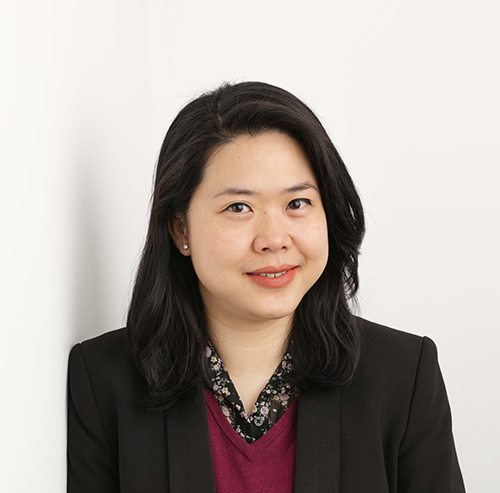
Associate Professor Nina Hansopaheluwakan Edward
is an Associate Professor in Design at the University of Sydney, Australia. She currently serves as Editor-in-Chief of the Information Design Journal (IDJ) and as an External Examiner for the BA (Hons) Digital Mediaprogram at Coventry University (UK), overseeing academic standards across its campuses in the UK, Egypt, Singapore, and Malaysia. Her research interests focus on digital interactive design, semiotics, design education, human-centered design, and interdisciplinary studies.
Current project: Exploring how systemic barriers and inclusivity gaps affect disabled individuals’ access to education, employment, and social participation in Indonesia. Through interdisciplinary collaboration and partnerships with therapists, families, community advocates, and government bodies, the project team aims to co-design inclusive strategies that address these challenges and foster long-term accessibility and equity across policy, education, and community development.
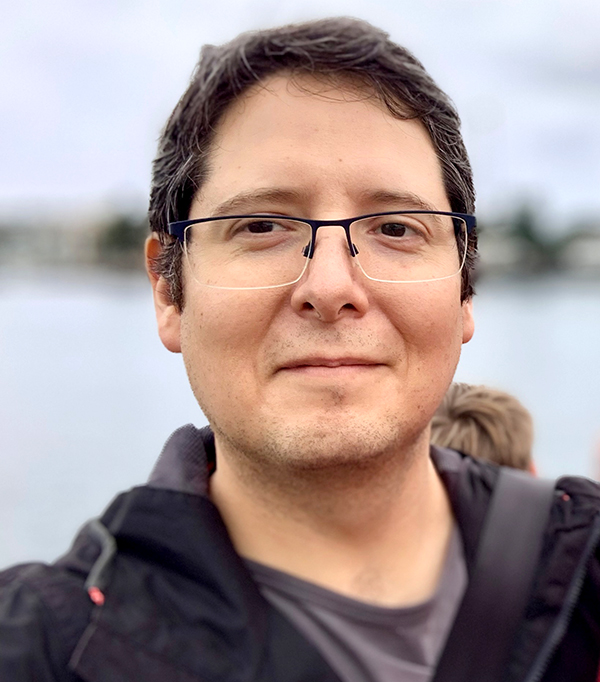
is a Senior Lecturer in Design at the Sydney School of Architecture, Design and Planning, University of Sydney. His research stands at the intersection of philosophy of technology and Human-Computer Interaction. Previously, he served as Head of Design at IADE – Faculty of Design, Technology and Communication, Universidade Europeia, where he also directed various undergraduate and graduate programs.
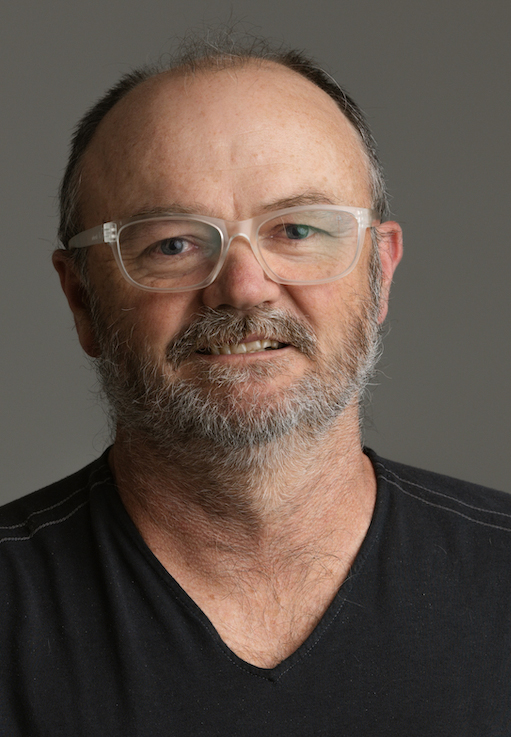
Dr Rohan Lulham
is passionate about the role of design methods and artifacts in creating social change, social justice and growth – particularly with regard to transforming the criminal justice system. This includes developing theory and knowledge about how affective processes relate to creativity and the experience of designed artefacts and spaces. Rohan has led and collaborated on large design research projects in justice, mental health and business contexts, as well as conducting more specific empirical studies on affect and design.
Grants
- Co-Design in Academia, Leigh-Anne Hepburn. Brown Equity Research Grant, USYD, 2022-2023
- Brain, Mind and Mallett Street, Leigh-Anne Hepburn, Chris Smith, Donald McNeill. Funded collaboration ADP & BMC 2021-2023
- Building a Resilient Future, Leigh-Anne Hepburn. Royal Academy of Engineers, 2019-2022

